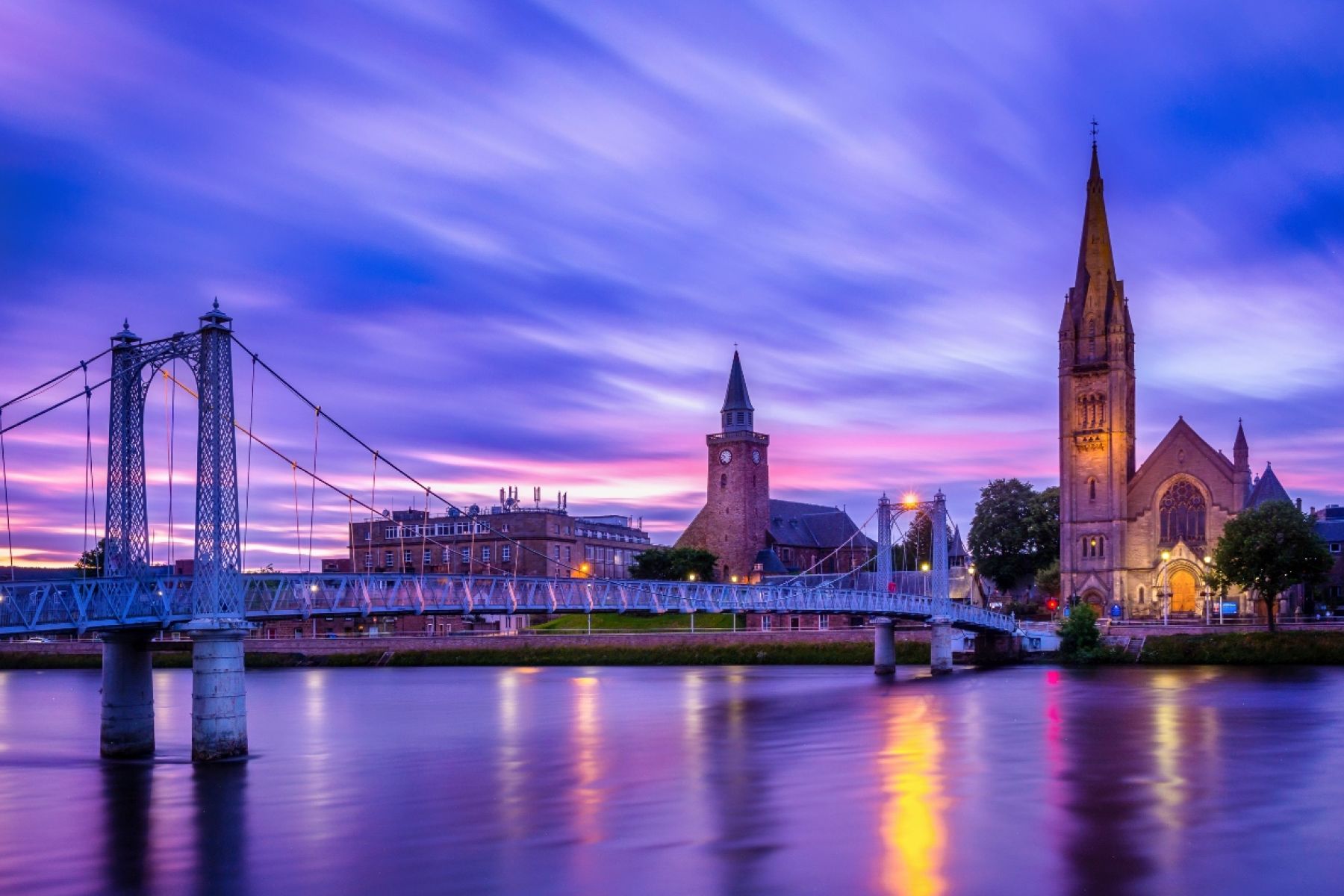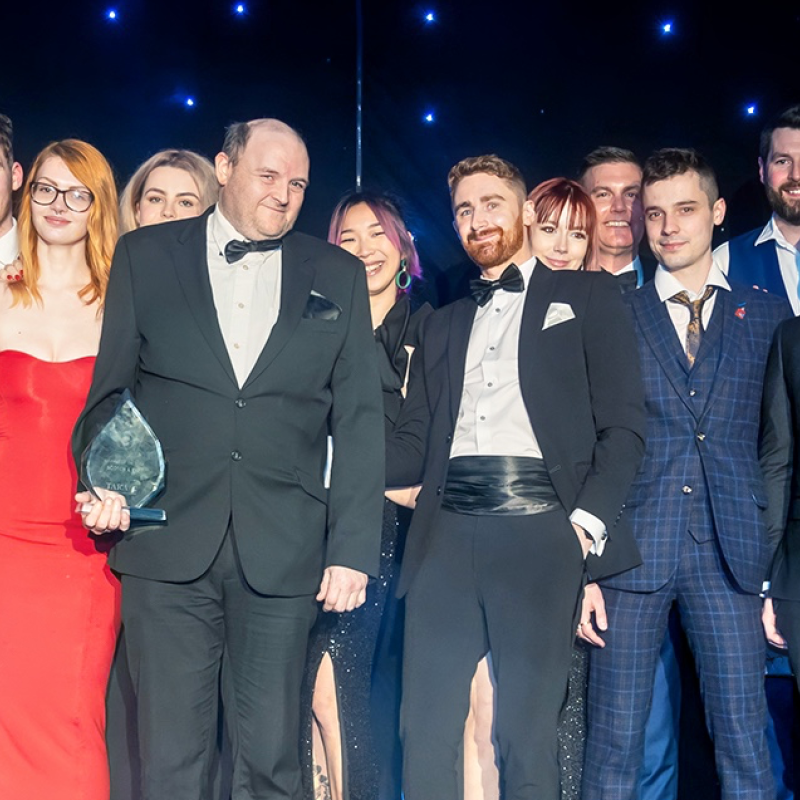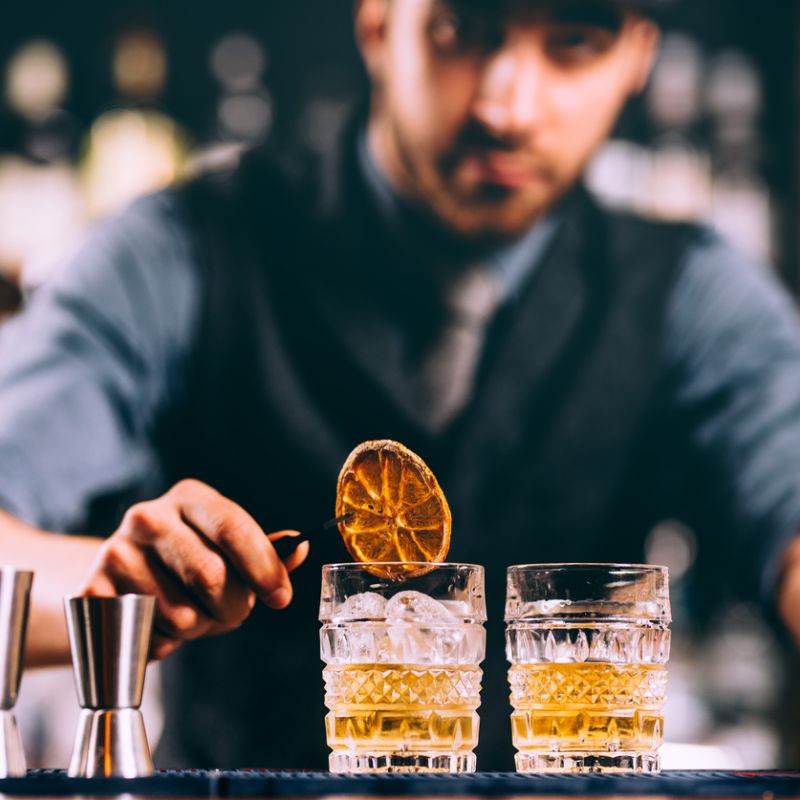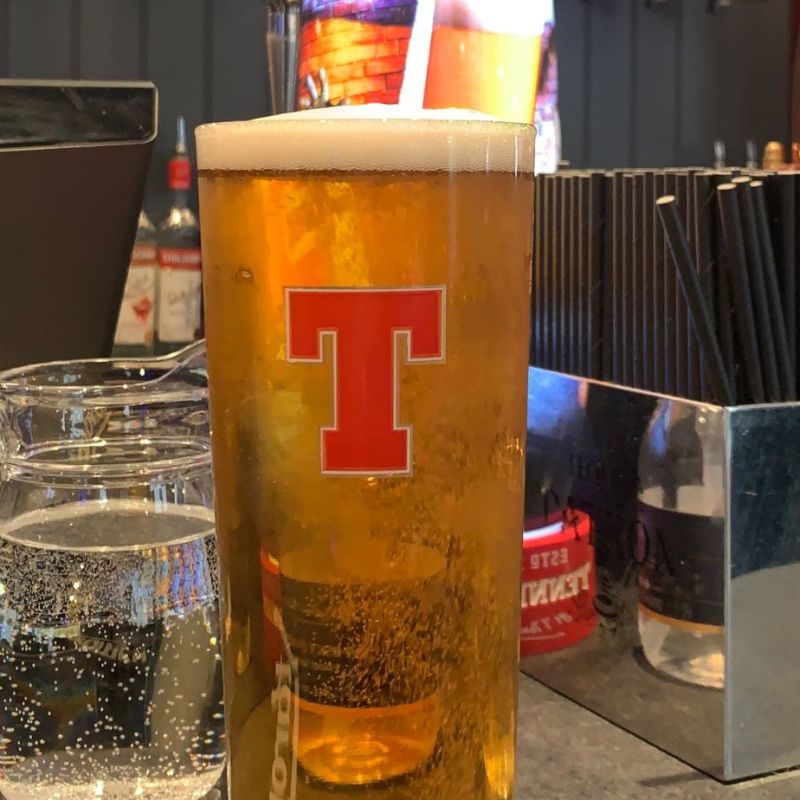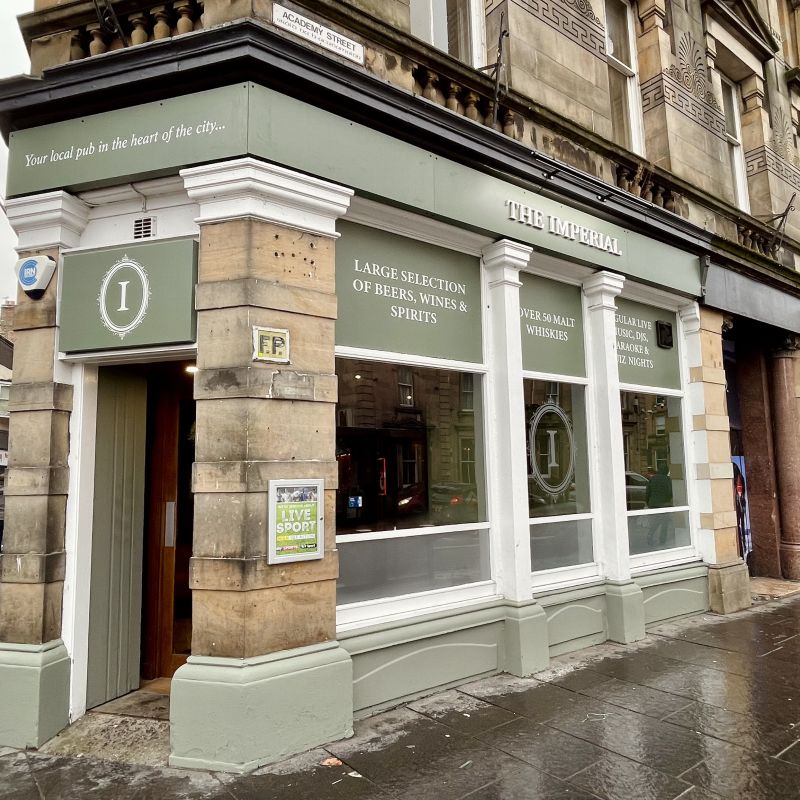
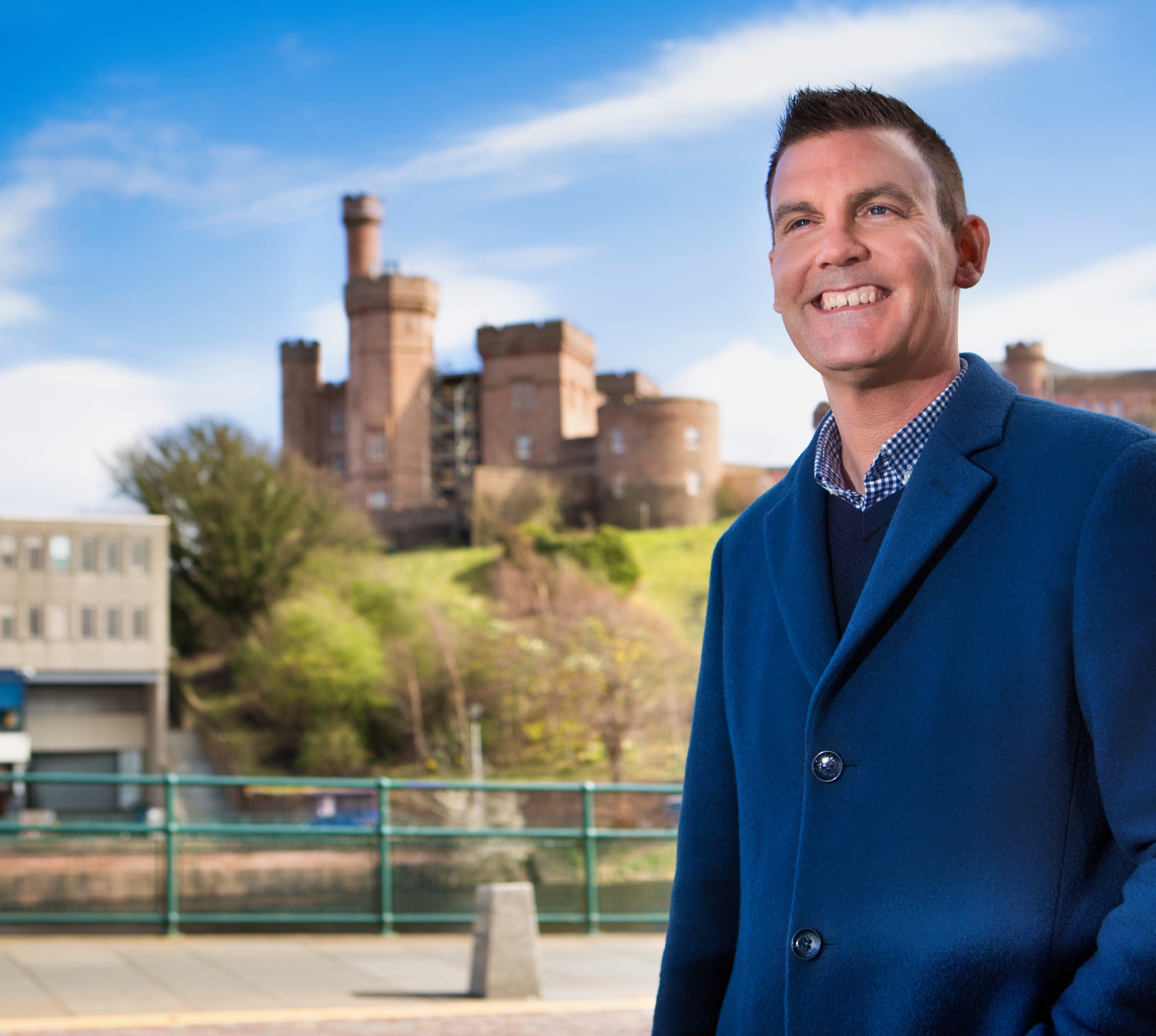 Hello & welcome to our website
Hello & welcome to our website
I Started Cru in 2009 with a vision to create a company in the Highlands that delivered on exceptional quality, customer-focussed experiences every time.
The word Cru itself refers to the grapes used to make wine. More importantly, it acknowledges the quality of the grape. It can also group together grapes of different varieties, that all have the same level of quality in common.
This is the underlying foundation of what Cru was to become. A collection of businesses, all different, with different personalities, in different areas, and serving different customers.
The one thing they all have in common, however, is the quality they deliver, each and every time.
Have a look around, and feel free to get in touch!

FOUNDER & CEO
